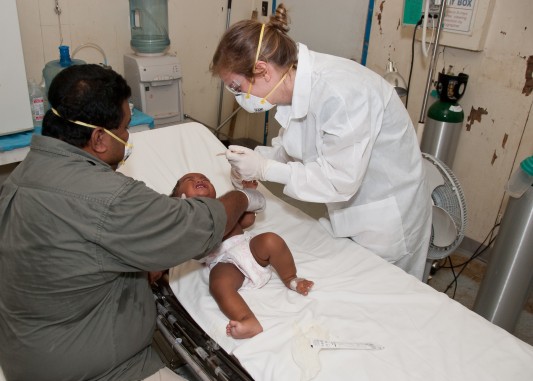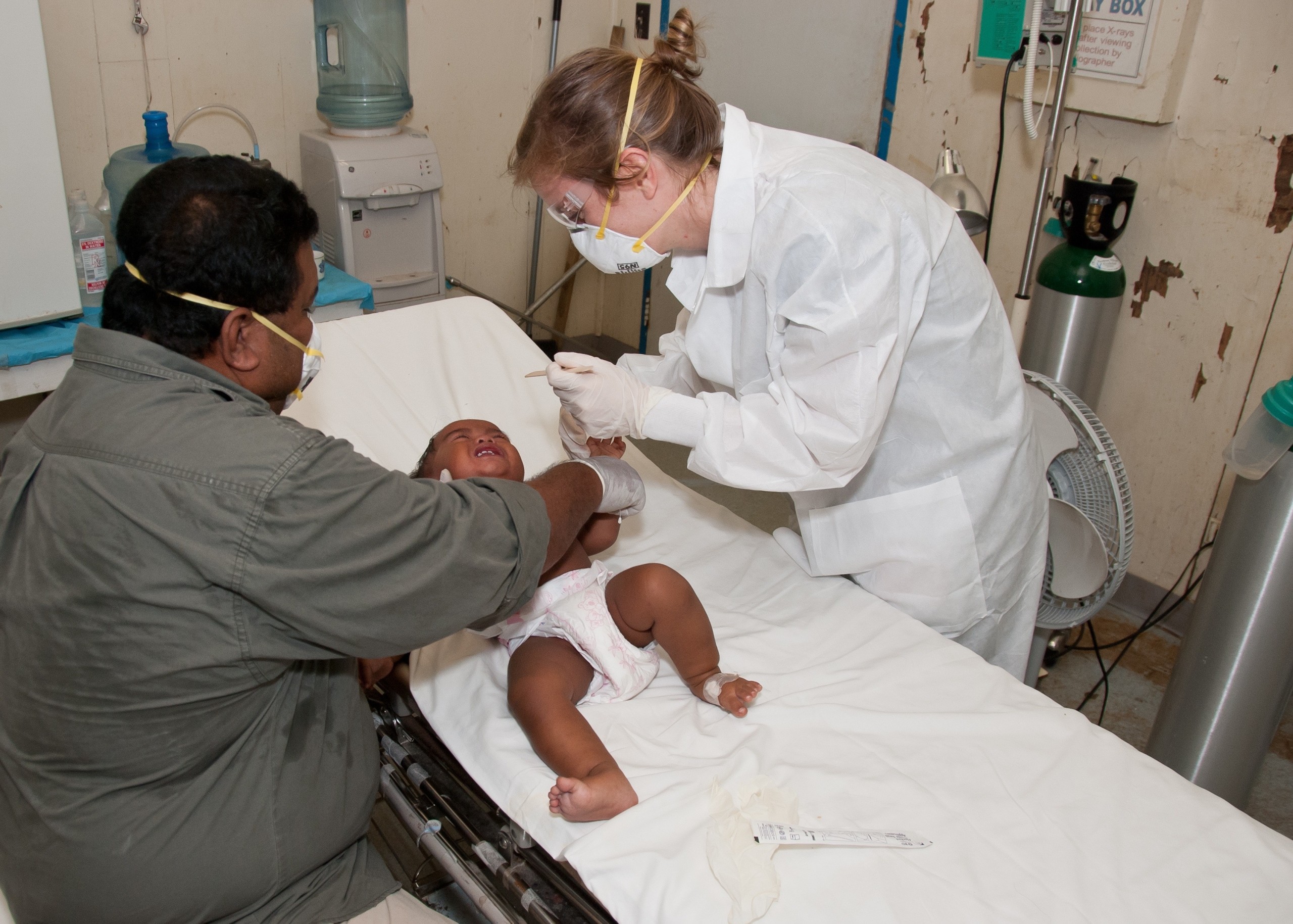
When your child expresses a desire to become a doctor, your heart likely swelled with pride. But there may have also been a little apprehension at the thought of their college tuition. Doctors have some of the highest student loan debt in the country.
Published: July 11, 2023
By: Jenna Christine
 The average medical school graduate leaves college with over $100,000 in debt, which they’ll need to start paying back soon due to their higher-than-average starting salaries. In addition to supporting their dreams, you also must think practically about their financial future. In this guide, we’ve rounded up some of our top tips for nurturing your future doctor or surgeon’s dream and taking some practical steps to support their journey.
The average medical school graduate leaves college with over $100,000 in debt, which they’ll need to start paying back soon due to their higher-than-average starting salaries. In addition to supporting their dreams, you also must think practically about their financial future. In this guide, we’ve rounded up some of our top tips for nurturing your future doctor or surgeon’s dream and taking some practical steps to support their journey.
Help Them Explore Specialties Now
Many med students are unsure what they want to specialize in, which can create pressure once they’re in school. One way to help them before they even go to college is by exploring different medical specialties together. Ask them questions that inspire personal reflection, like, “What type of patients do you want to treat?” or “What problems do you want to help your patients solve?” You can research different medical specialties online together, like family medicine, gastroenterology, podiatry and pediatrics. This can help give your child ideas about what they may like to pursue in the future.
Encourage Them to Study AP Biology and Anatomy in High School
Advanced placement courses prepare your child for the rigors of university, and they can be a good way to give them an edge on applications. AP classes typically come with transferrable college credits as well, which can help lower the amount of time your undergrad has to stay in school. This can help them get college scholarships which translates to lower tuition rates and sometimes quicker graduation.
Help Them Develop Resilience
If there is any skill a medical student needs, it’s resilience. The ability to rebound after failures, disappointments, and difficulties is crucial to their success in school and, eventually, in the medical field. The truth is that not every day is a good experience in med school. Physicians can be short and even yell at times; professors may be harsh graders and criticize students’ skills and techniques. Teaching resilience can come through honest discussions about how your child feels when something doesn’t go as they would have liked. You need to help them become emotionally intelligent, so they can understand not everyone’s actions reflect them or their abilities. You also must teach them to become comfortable with their own feelings, so they can learn to label and understand whatever they’re going through without becoming overwhelmed.
Start Saving for College Now
Med school costs can be offset with scholarships, but most students will still need to borrow loans to make it through their degrees. If you’re a homeowner, you may consider borrowing a home equity line of credit (HELOC) to help pay for your child’s education. A HELOC works by borrowing against the portion of your home that you own, then using your property as collateral. You are not obligated to use any of the money once you’re approved, and you can take money from the line as-needed rather than borrowing a lump sum upfront. How you use an HELOC is entirely up to you, making it a versatile option for college fundings and other expenses that may be easier and less costly than private student loans.
Teach Them Discipline
You might have your child start taking on additional responsibilities to become more disciplined. They will have to be exceptionally driven and diligent in college if they want to get accepted into med school; and once they’re in training, they’ll need to be impeccably focused and have an unwavering commitment to their education and patients. Age-appropriate responsibilities include chores around the house and, for teenagers, a part-time job. Having your child get into the habit of fulfilling obligations routinely will make it easier for them to adapt to the demands of pre-med programs and med school.
Help Them Find the Right Major
Med school does not have any formal requirement for doctors. Some have bachelor’s in English literature, political science, and even history. However, there are certain majors that not only look better on a med school application but also help your child prepare more for what lies ahead as a resident. The best undergraduate majors for medical school include biology, anatomy & physiology, biochemistry, chemistry, and psychology.
Jenna Christine is a corporate relations specialist with more than years of experience in employee relations and brand development roles. She is a dedicated volunteer within the disability advocacy space and loves to bake and run marathons.
